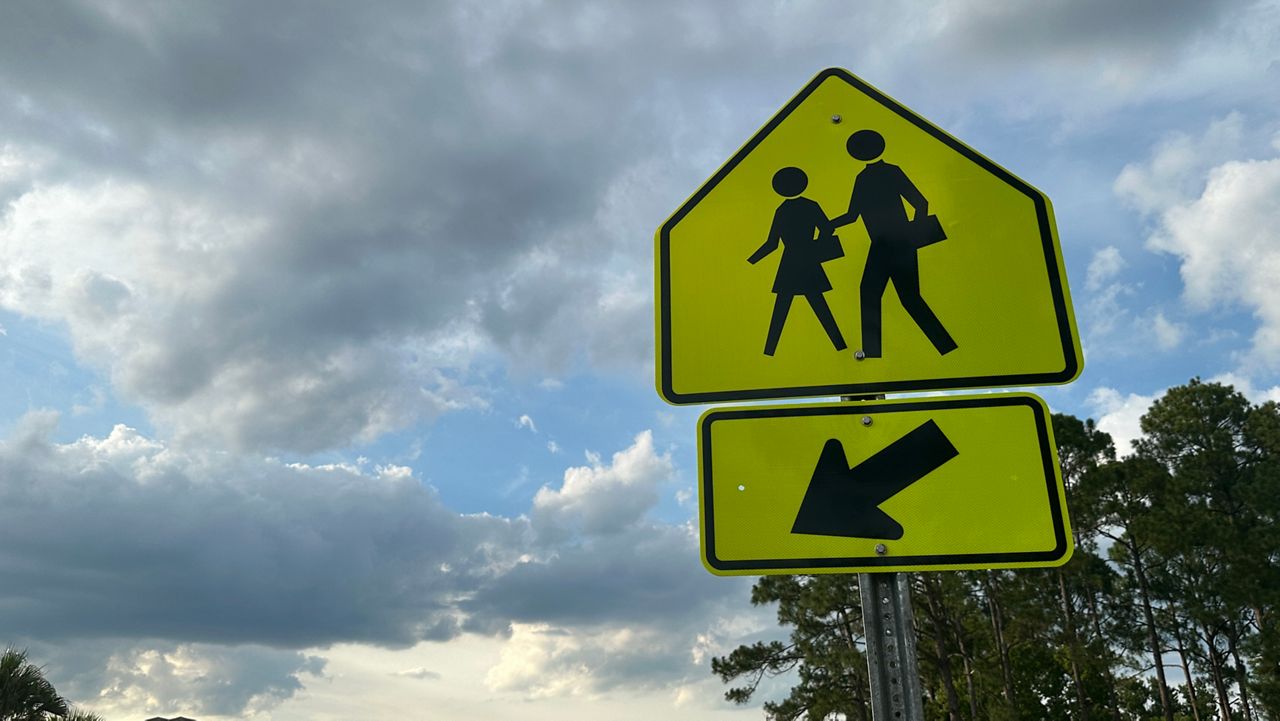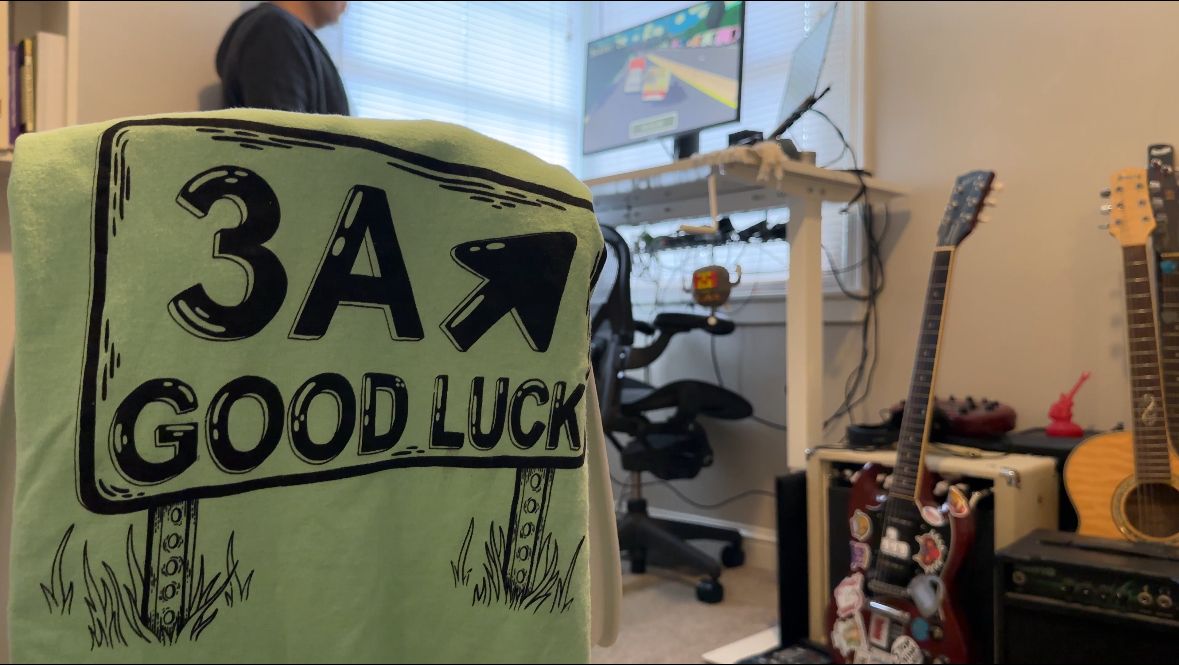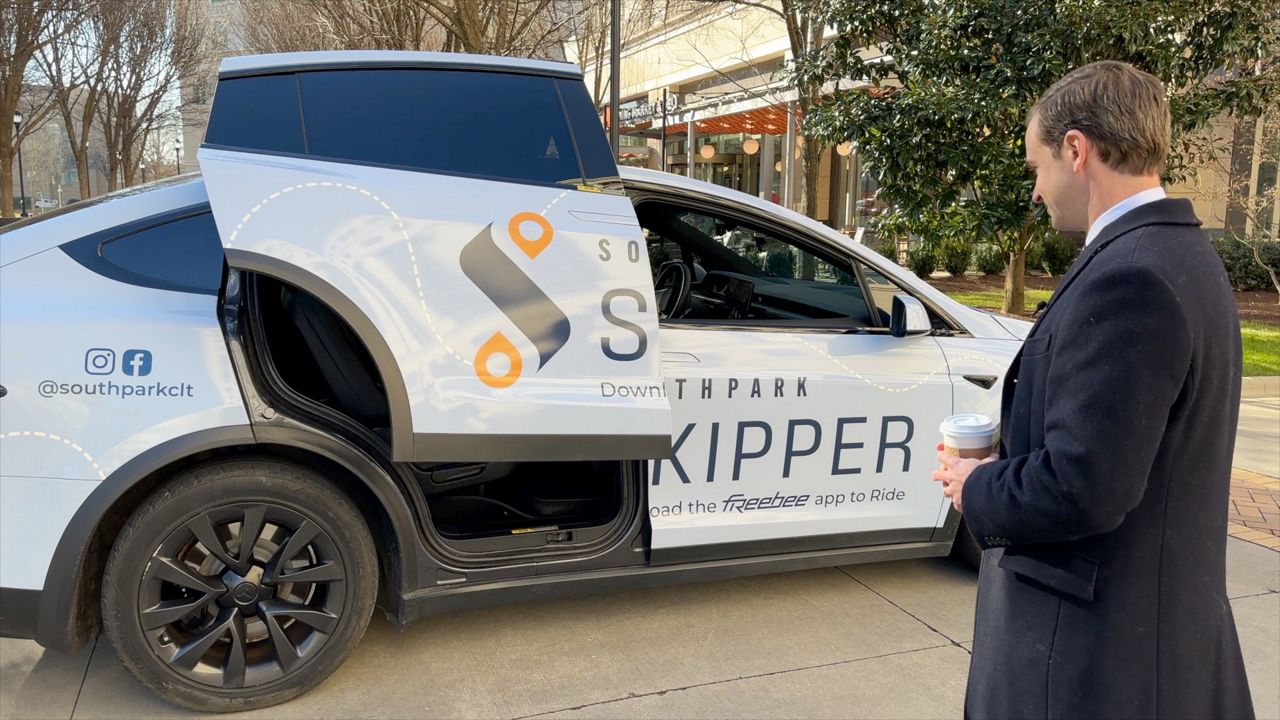INDIAN LAND, S.C. – The number of electric vehicles in North Carolina continues to grow.
Nearly 81,000 electric and plug-in hybrid vehicles are registered in the Tar Heel State, according to the North Carolina Department of Transportation (NCDOT).
With more drivers pulling the plug on gas-powered cars, the need for technicians qualified to fix electric vehicles is increasing as well.
Meineke Car Care Center recently opened its first-ever Meineke EV in Indian Land, South Carolina.
Mike Baden has been the owner of the newly-transitioned service center for more than 10 years.
Baden says his curiosity about electric vehicles started when he saw the first Tesla Roadster nearly two decades ago.
“Ultimately, when [Tesla] decided to make a vehicle for the masses, that was when I changed my mind and was like, ‘I’m all in,’” Baden said. “I want to know everything about these vehicles, and I want to be able to fix them.”
Baden spent his own time and money to fly out to Utah and enrolled in an EV training program at Weber State University. He also spent time at the shop learning how to fix electric cars.
“I started doing them on my own [Tesla], and then eventually friends started bringing their friend’s car over,” Baden said.
An electric car doesn’t need an oil change, but it still requires repairs and regular maintenance, such as tire rotation and brake inspections.
“[Meineke EV] can do pretty much anything a manufacturer can,” Baden said.
It’s slim pickings for electric vehicle owners in the Charlotte area looking for skilled mechanics other than those at the dealership.
It comes as no surprise to Baden that business has started to pick up with EVs.
“From zero to five to seven cars a week, that’s big for an auto repair shop,” Baden said. “Just due to the fact that more and more people are transitioning from internal combustion [engines] to electric vehicles.”
The U.S. Bureau of Labor Statistics estimates around 80,000 electrician jobs will be needed each year through 2031, including technicians to fix electric vehicles.
However, Baden admits it’s still challenging to fix an electric car.
“There is no manual that just tells you how to fix a [electric] vehicle… so a lot of it is hands-on learning,” Baden said. “Granted, the education was hugely beneficial to us so that we know what we’re touching, but now we’ve got to figure out how it works.”
Baden believes electric travel is the future. That’s why he encourages more people who are familiar with today’s technology to consider jumping into the industry.
“We need the kids, the young and bright minds, that are ready to learn and be able to adapt,” Baden said.
For those interested in working with electric vehicles, there are several programs in North Carolina.
For example, Wake Tech and UNC-Wilmington offer EV training programs. Fayetteville Technical Community College recently added an EV class to its automotive program.










